11 Black People Who Inspired The Black Community and Us
Throughout history, many famous Black American men and women have contributed significantly to society as far as civil rights, music, science, sports, equality are concerned. Their remarkable efforts and achievements, and life stories are often are quite worthy of high recognition.
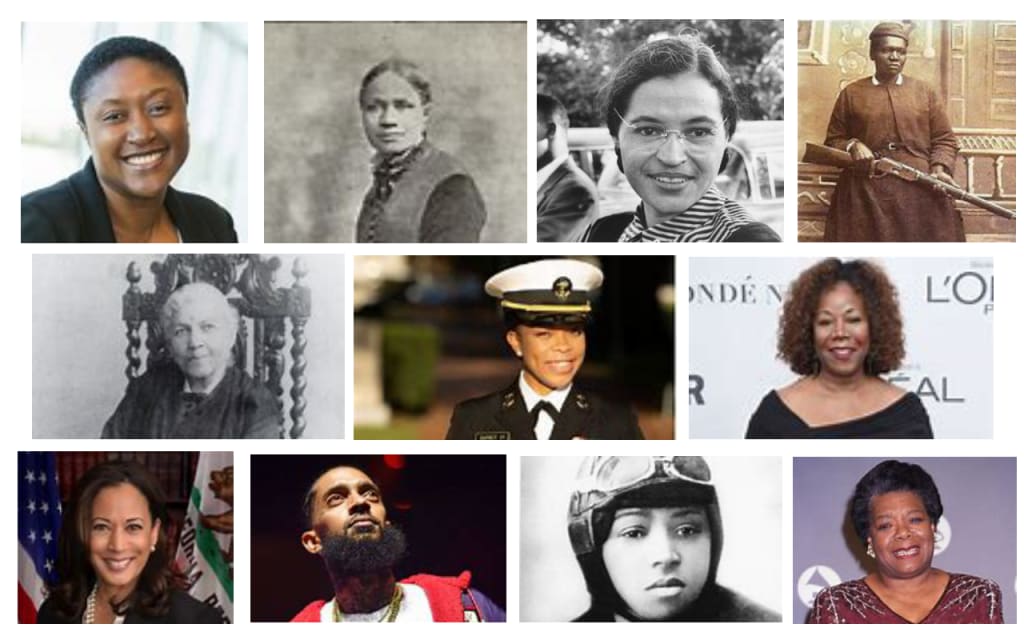
Throughout history, many famous Black American men and women have contributed significantly to society as far as civil rights, music, science, sports, equality are concerned. Their remarkable efforts and achievements, and life stories are often are quite worthy of high recognition.
Here’s the list of some black people who aren’t Barak Obama, Nelson Mandela, and Martin Luther King Jr. but made a huge impact on people’s life.
1. Maya Angelou
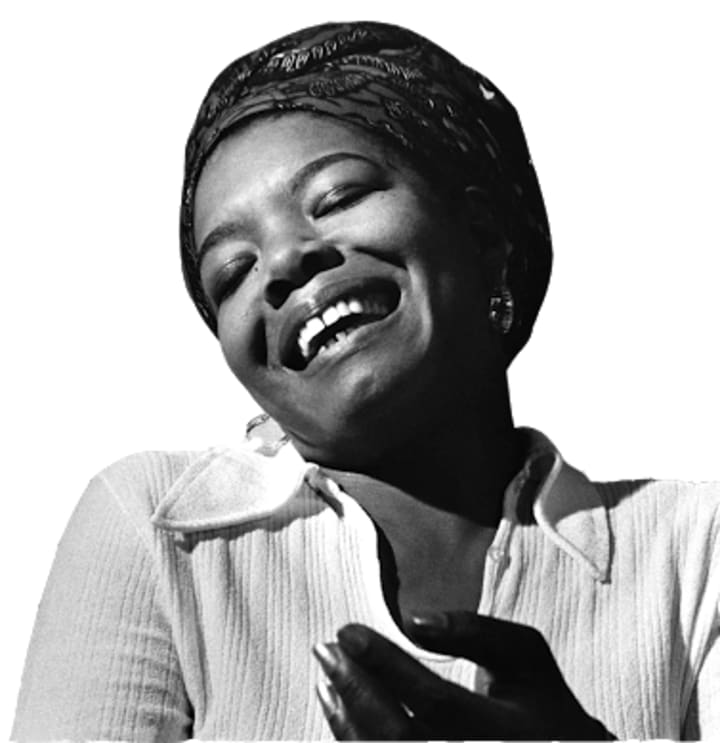
Angelou was an American poet, singer, memoirist, and civil rights activist with a colorful and troubling past highlighted in her most famous autobiography, "I Know Why The Caged Bird Sings". She published seven autobiographies, three books of essays, several books of poetry, and is credited with a list of plays, movies, and television shows spanning over 50 years. Her works have been considered a defense and celebration of black culture.
2. Ruby Bridges
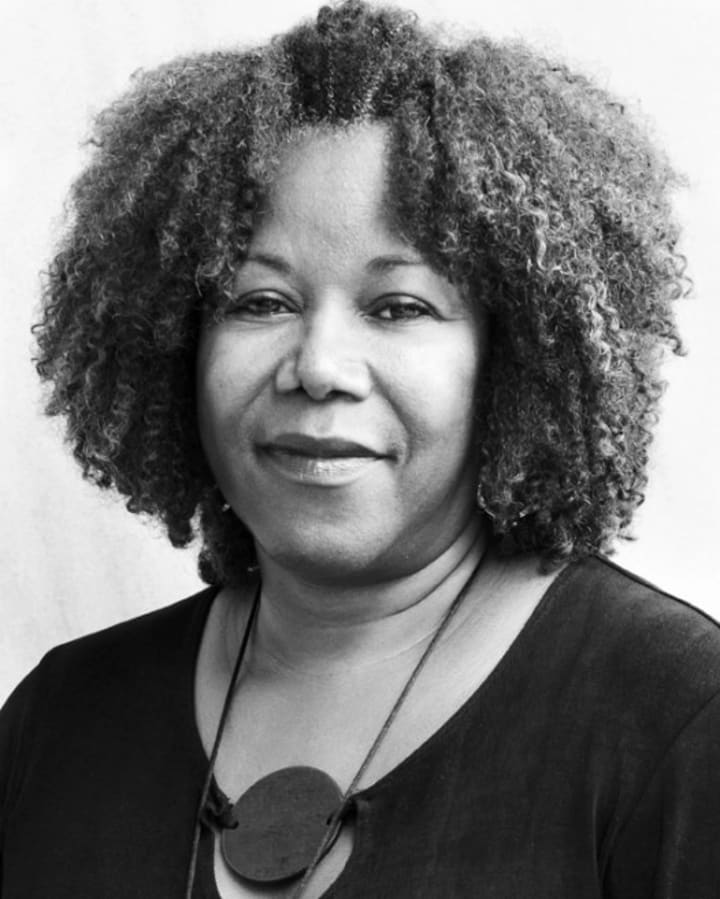
Ruby Nell Bridges Hall is an American civil rights activist. She was the first African-American child to desegregate the all-white William Frantz Elementary School in Louisiana during the New Orleans school desegregation crisis on November 14, 1960.
At age 6, Bridges embarked on a historic walk to school as the first African American student to integrate the all-white William Frantz Elementary School in Louisiana. She ate lunch alone and sometimes played with her teacher at recess, but she never missed a day of school that year. In 1999, she established The Ruby Bridges Foundation to promote tolerance and create change through education. In 2000, she was made an honorary deputy marshal in a ceremony in Washington, DC.
3. Mary Fields
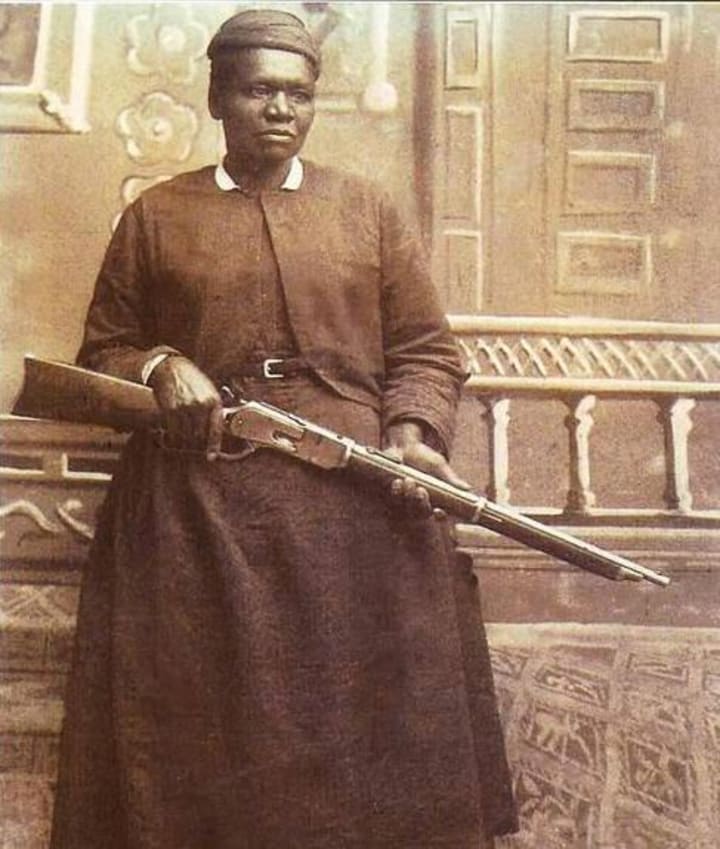
Known as "Stagecoach Mary", Fields was the first African-American to work for the U.S. postal service. Born a slave, she was freed when slavery was outlawed in 1865. At age 63, Fields was hired as a mail carrier because she was the fastest applicant to hitch a team of six horses. She never missed a day, and her reliability earned her the nickname "Stagecoach". If the snow was too deep for her horses, Fields delivered the mail on snowshoes, carrying the sacks on her shoulders.
4. Harriet Jacobs
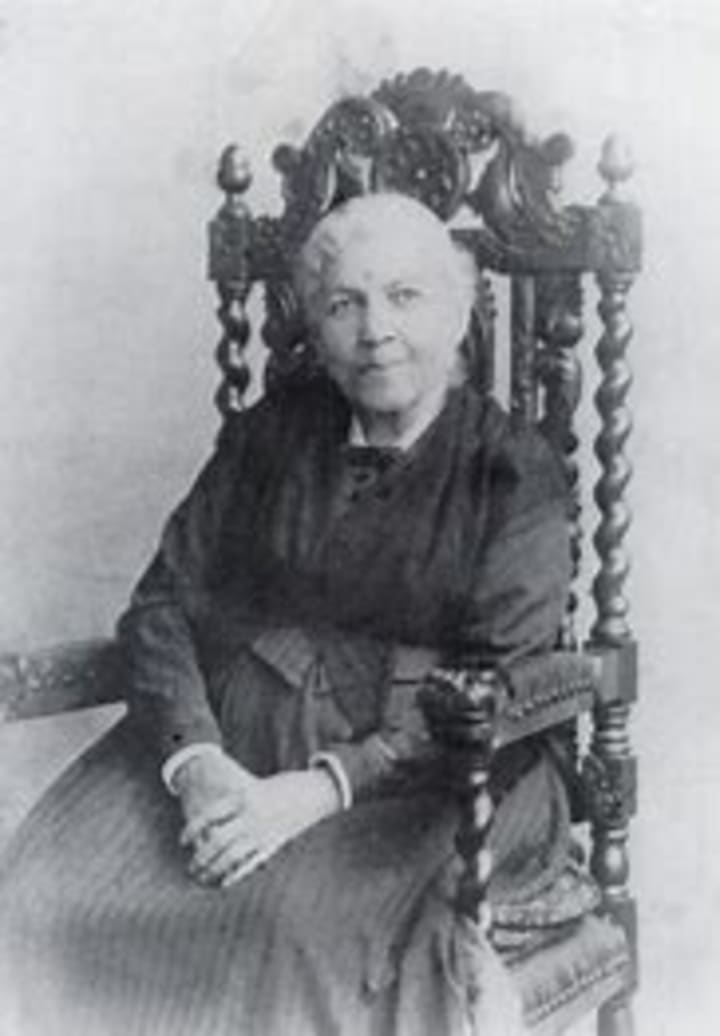
Born a slave, her mother died when she was 6. She moved in with her late mother's slave owner who taught her to sew and read. In 1842 she got a chance to escape to Philadelphia, aided by activists of the Philadelphia Vigilance Committee. She took it and worked as a nanny in New York. Her former owners hunted for her until her freedom was finally bought in 1852. She secretly began to write an autobiography which was published in the U.S. in 1860 and England in 1861. She lived the rest of her life as an abolitionist, dedicated to helping escaped slaves and eventually freedmen.
5. Kamala Harris
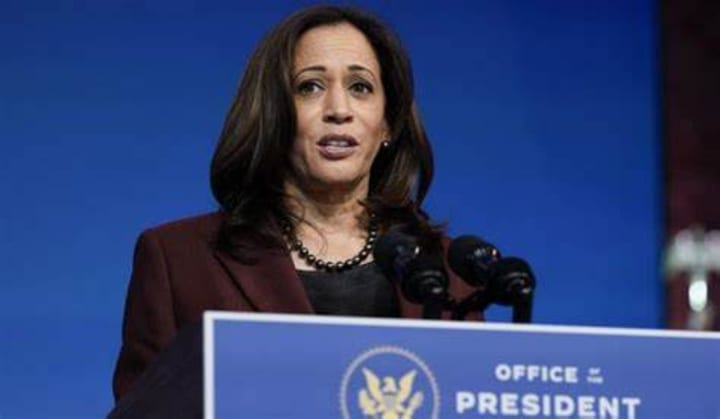
Kamala Devi Harris is an American politician and attorney serving as the 49th and current vice president of the United States.
On Jan. 20, Kamala Harris became the first Black, first South Asian American, and first woman Vice President of the United States.
And she was the first Black American to serve as California’s Attorney General from 2011 to 2016. In 2016, she was elected as a Democrat to the United States Senate for the state of California.
6. Rosa Parks
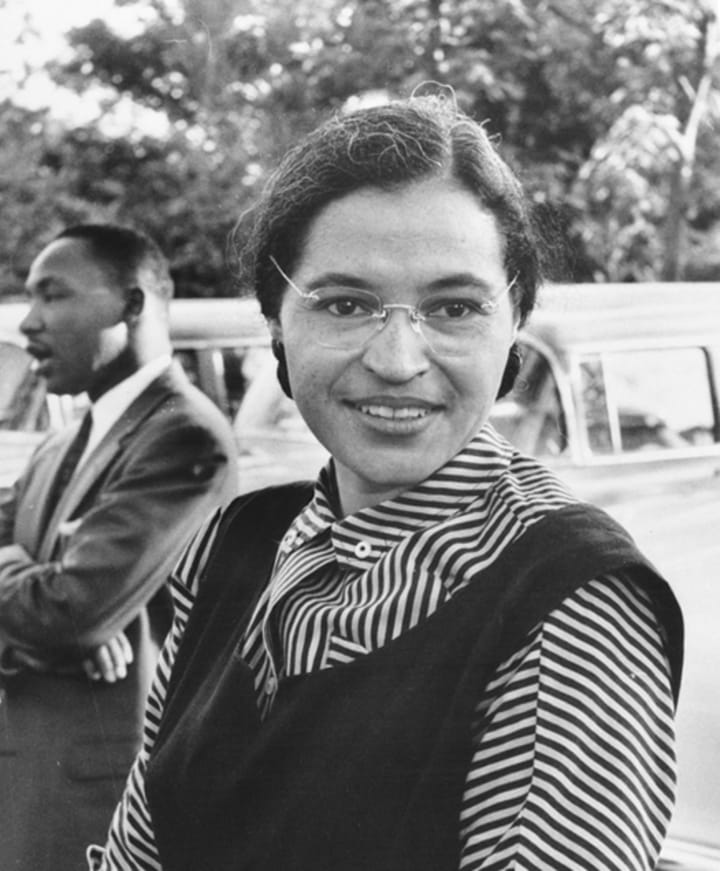
Rosa Louise McCauley Parks was an American activist in the civil rights movement best known for her pivotal role in the Montgomery bus boycott. The United States Congress has called her "the first lady of civil rights" and "the mother of the freedom movement".
Rosa Parks (1913—2005) helped initiate the civil rights movement in the United States when she refused to give up her seat to a white man on a Montgomery, Alabama bus in 1955. Her actions inspired the leaders of the local Black community to organize the Montgomery Bus Boycott. Led by a young Rev. Dr. Martin Luther King Jr., the boycott lasted more than a year—during which Parks not coincidentally lost her job—and ended only when the U.S. Supreme Court ruled that bus segregation was unconstitutional. Over the next half-century, Parks became a nationally recognized symbol of dignity and strength in the struggle to end entrenched racial segregation.
7. Sydney Barber
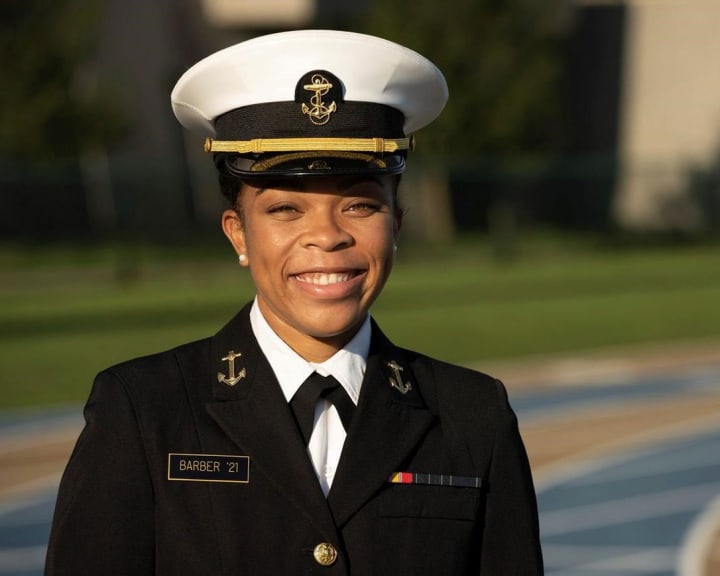
In the U.S. Naval Academy’s 175-year history, there has never been a Black woman to serve as a brigade commander. But all of that changed this January when Midshipman Sydney Barber stepped into the role.
Barber explains that like many other Black attendees who walked through the academy’s doors before her, her dad experienced racism during his tenure as a midshipman. Knowing her dad’s experience and the experience of countless other diverse leaders, the 21-year-old says she’s “extremely humbled” by her new opportunity and she doesn’t take the responsibilities of her role lightly.
8. Aicha Evans
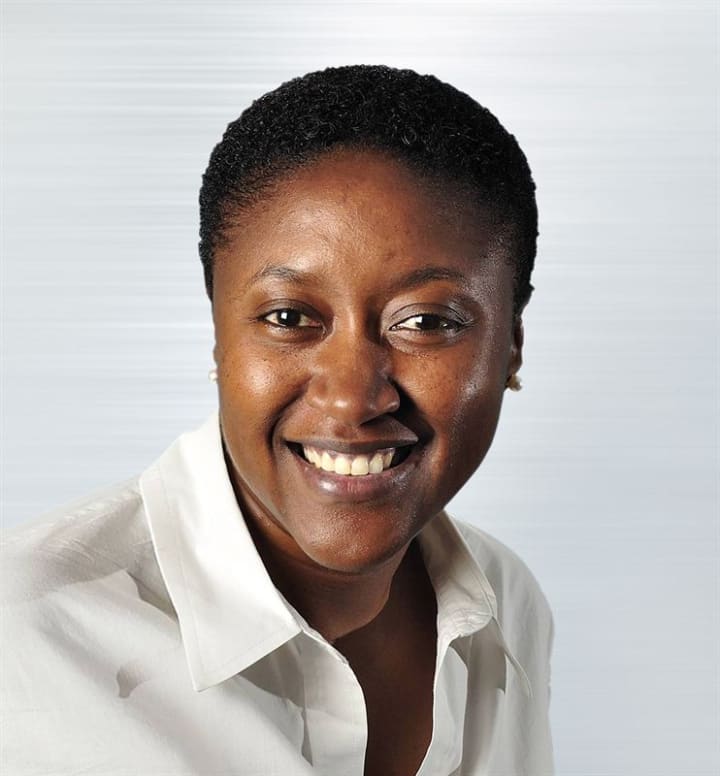
Aichatou Sar Evans known professionally as Aicha Evans is the chief executive officer of the self-driving car company Zoox. In June 2020, Evans led the acquisition of her company by Amazon for US$1.3 billion. Evans is the first African American female CEO of an autonomous vehicle technology company.
When Aicha Evans agreed to become the new CEO of autonomous vehicle start-up Zoox in 2019, she made history as the first Black woman to run a self-driving car company. In 2020, she shepherded Zoox to a $1.3 billion sale to Amazon.
Now Evans is working with Amazon to realize Zoox’s vision of an autonomous ride-hailing service with its fleet of fully self-driving electric cars.
9. Nipsey Hussle
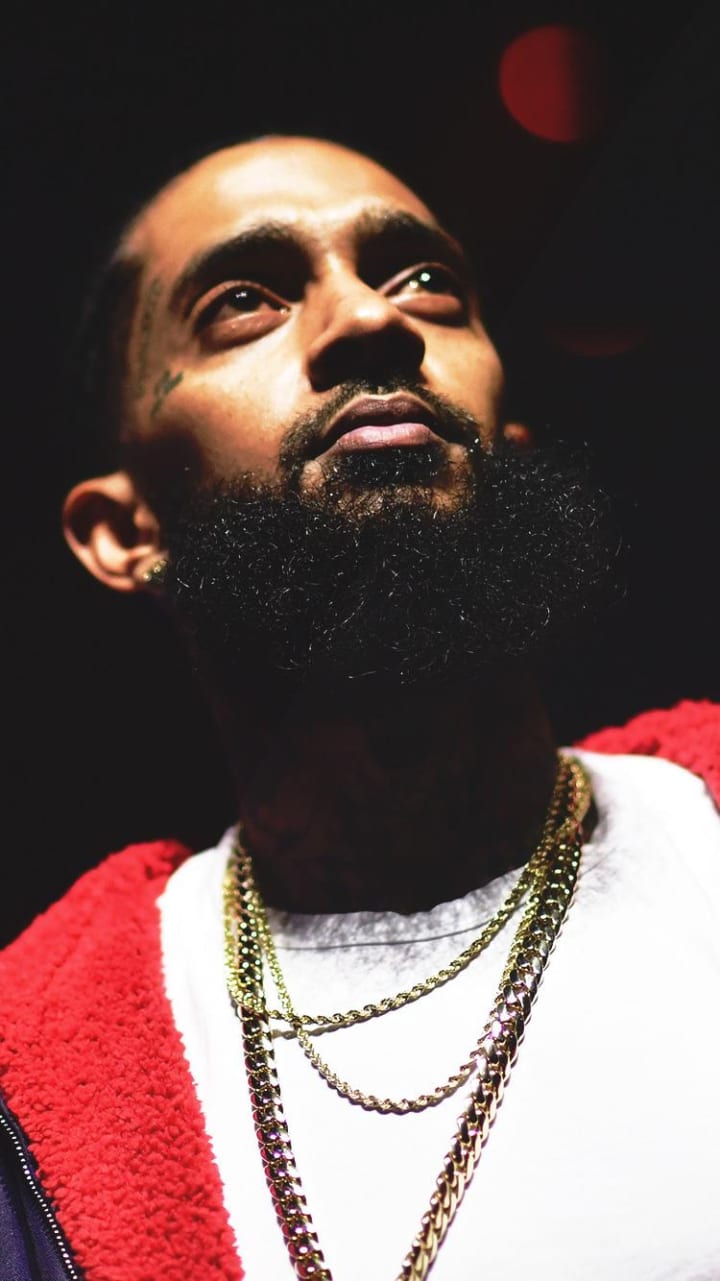
Born Ermias Joseph Asghedom, Hussle, was an American activist, entrepreneur, and Grammy Award-winning rapper. Raised in South Central, he joined gangs to survive before eventually attaining success in the music industry. Hussle focused on "giving solutions and inspiration" to young black men like him, denouncing gun violence through his music, influence, and community work, while speaking openly about his experiences with gang culture. Hussle was shot and killed a day before he was to meet with LAPD officials to address gang violence in South Los Angeles.
10. Frances Harper
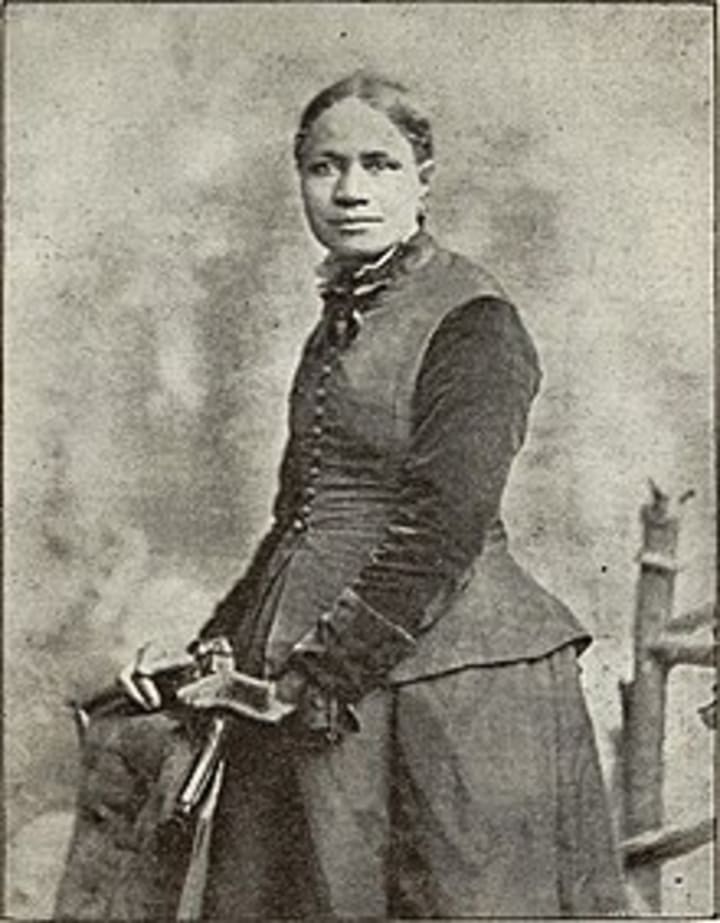
Born free in Baltimore, Harper was an abolitionist, suffragist, poet, teacher, public speaker, and writer. She helped slaves make their way along the Underground Railroad to Canada. In 1894, she co-founded the National Associated of Colored Women, an organization dedicated to highlighting extraordinary efforts and progress made by black women. She served as vice president.
11. Bessie Coleman
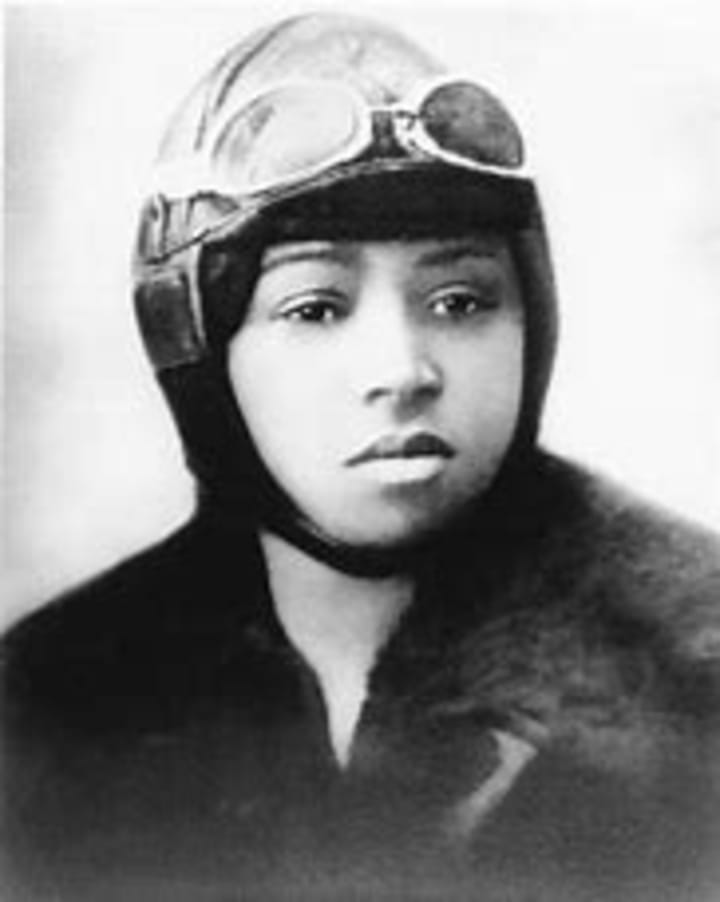
Coleman was the first black woman to fly an airplane. When American flying schools denied her entrance due to her race, she taught herself French and moved to France, earning her license from Caudron Brother's School in just seven months. She specialized in stunt flying and performing aerial tricks. Reading stories of World War I pilots sparked her interest in aviation.





Comments
There are no comments for this story
Be the first to respond and start the conversation.